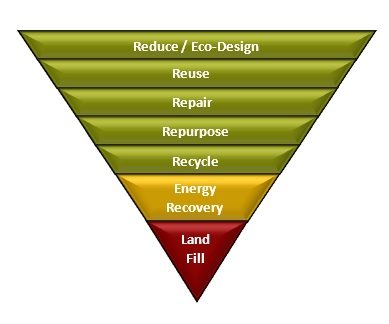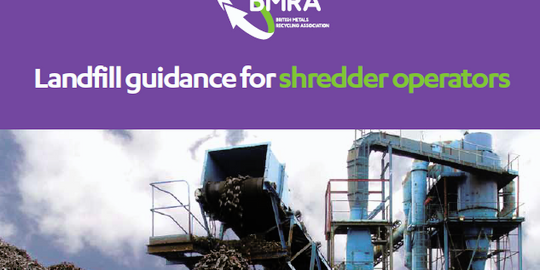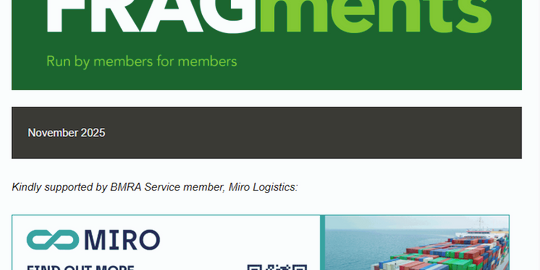Blog post discusses metals role in recycling
This year (2018) Earth Overshoot Day was on the first of August. This is the day in the year that the consumption of the earth’s natural resource by humans exceeds the ability of the earth to regenerate those resources in 12 months.
Or, to put it another way, we currently need 1.7 earths to sustain current human consumption. Nearly 50 years ago this day was December 31. It’s getting earlier every year*. In the last week there has been rather unhelpful media headlines like ‘recycled packaging may end up in landfill’ on the back of the National Audit Office report on the packaging recycling obligations. Plus, the recent Local Government Association’s report that says two-thirds of plastics are not recycled because they are unrecyclable.

All of this has made for some rather sensational headlines, depressing reading, and a loss in faith in recycling. It does, however, give us in the metals recycling industry pause to consider our role and our contribution to a Circular Economy.
Historically, the economy was linear and leant towards items being made, used, and then disposed of. A Circular Economy however, actively keeps resources in use for as long as possible, extracting the maximum value from them whilst in use, then recovering and regenerating products and materials at the end of each service life. In other words; reduce, reuse, repair, repurpose and recycle, before either potential energy generation, or disposal.
How can metals recycling contribute to a Circular Economy in the UK?
Metal, unlike some other recyclable materials, is in the enviable position of not only being endlessly recyclable with no loss of quality, but it also has an intrinsic economic value. A steel or aluminium metal drinks container can be back on a shelf in 60 days. Metal from cars can become reinforcing bars for skyscrapers or metal parts for computers, or any number of components for another car. Recycled steel like all other recycled metals has no end of uses. This is before you consider that metals recycling protects the environment, saves energy and supports a huge workforce.
Yet despite this significant contribution we, the BMRA, have the experience of the industry being regulated as if it is a problem, rather than being treated as the natural resource saving marvel that it is. We think this harms the image of the industry, hinders the wider environmental benefits it has and, longer term, reduces the UK’s potential to become a true Circular Economy.
Over the coming months, our blogs will highlight the challenges the metals recycling industry currently faces, the impacts on the businesses we represent, investigate the various ways these challenges can be addressed by the UK government to further contribute to a Circular Economy and look at the environmental impact.
*https://www.overshootday.org/newsroom/past-earth-overshoot-days/
The BMRA represents the £7 billion UK metals recycling industry. The BMRA’s 260+ members include large and small businesses in the ferrous and non-ferrous sectors including shredder operators, merchants and traders.



